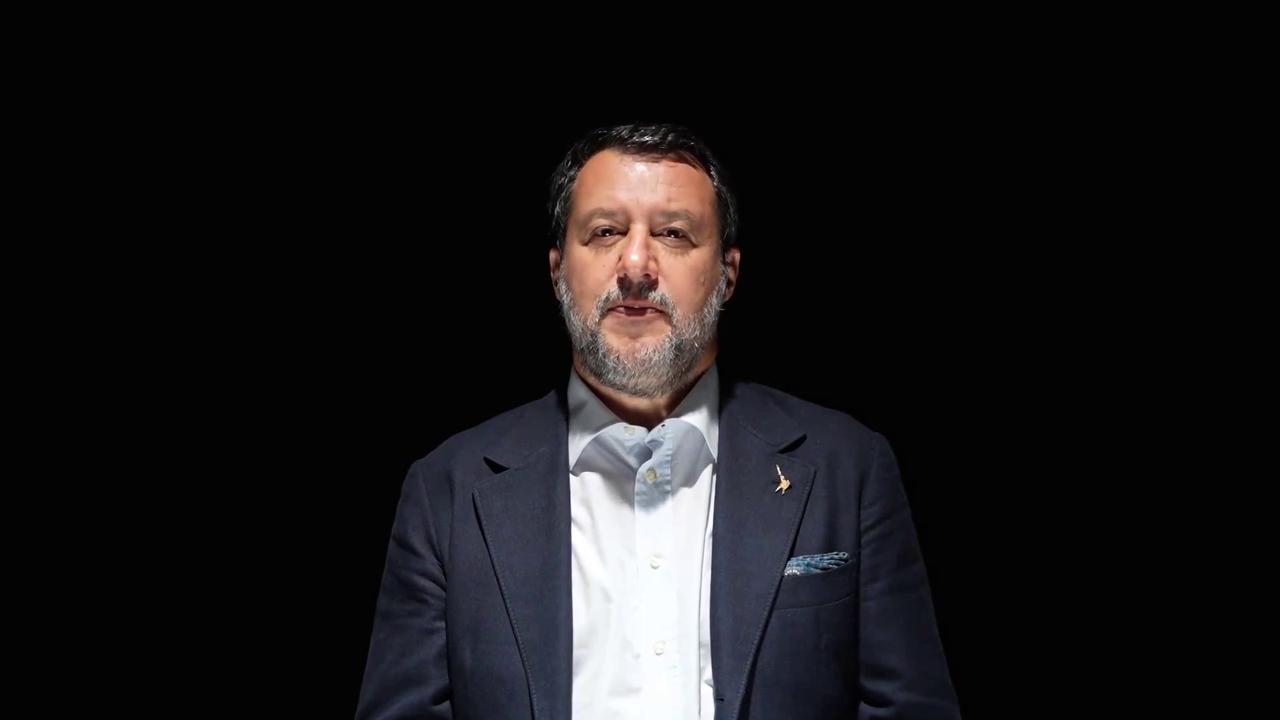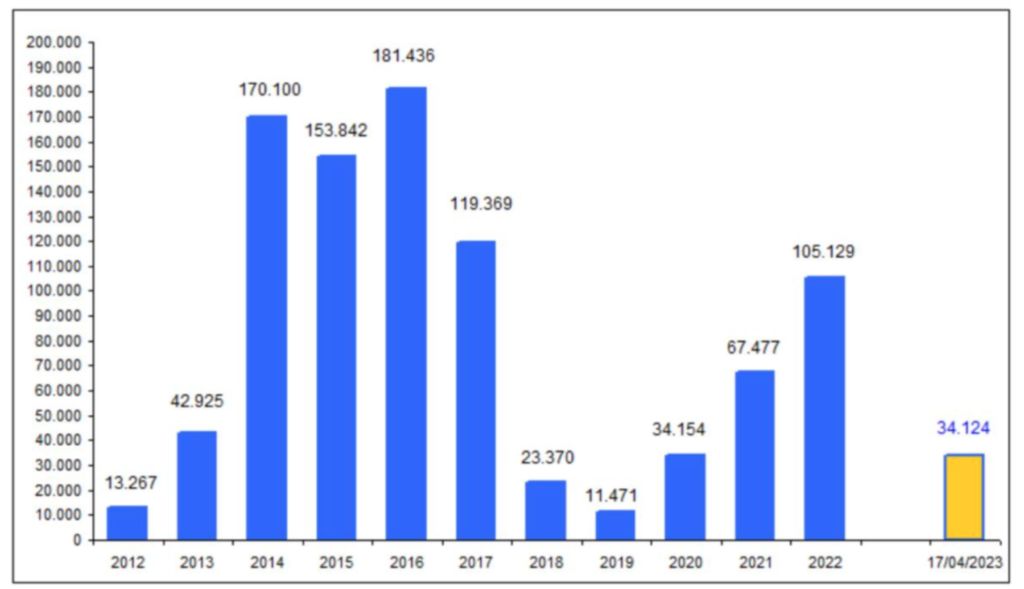You can read this article in Italian!
Matteo Salvini, Italy’s former interior minister and current leader of the League and deputy prime minister, faces a six-year prison sentence for his controversial decision to prevent the Open Arms rescue ship from docking in 2019. Salvini’s actions to combat illegal immigration left more than 100 migrants stranded at sea for 19 days, prompting accusations of kidnapping and abuse of power against the minister.

Salvini says his decisions were entirely legal and necessary to protect Italy’s borders. As the country has seen a surge in illegal immigration since the 2015 migration crisis, Salvini, whose political agenda remains focused on national sovereignty and immigration control, said he acted in accordance with government policy. The League is adamant about blocking illegal immigration, which they see as crucial to national security, social cohesion and economic stability.

The Open Arms case, however, has been widely criticized by humanitarian organizations and opposition parties in Italy (particularly the Democratic Party) and across Europe, who claim that Salvini’s ban on disembarking migrants has violated human rights as well as international maritime law, accusing him of “inhumane populism.” His opponents see the case as emblematic of Salvini’s hardline approach to immigration, which prioritizes politics over migrants’ humanitarian conditions.
Yet Salvini’s supporters argue that the trial is a political attack rather than a legal battle. The right sees the charges as part of a broader effort by the Italian justice system and the left-wing establishment to weaken sovereignist and populist movements.
Moreover, they accuse the left of using Italian courts to block conservative reforms, and this case is no exception. A further claim consists in the Salvini trial being aimed at silencing the voices of millions of Italians fed up with uncontrolled immigration and the burden it places on Italy’s resources.
Salvini also used the trial to reinforce his image as a defender of Italy’s national interests. He presented himself to the public as a patriot, willing to keep his promises about border security, even at the cost of personal sacrifice. This approach has appealed to many voters, especially at a time when ongoing economic struggles and social unrest are keeping immigration alert high.
If convicted, Salvini faces up to six years in prison, potentially ending his political career. However, some believe a conviction could also strengthen his voter base by propagating the narrative displaying him as a martyr for the will of the Italian people, namely secure borders and a stable economy.
Whether Salvini’s actions in the Open Arms case are justified or not, the trial is not just about a politician, but about Italy’s future position on immigration and its role in the European Union. As Salvini’s trial continues, the debate over borders, sovereignty, and the future of populism in Europe is set to intensify.


